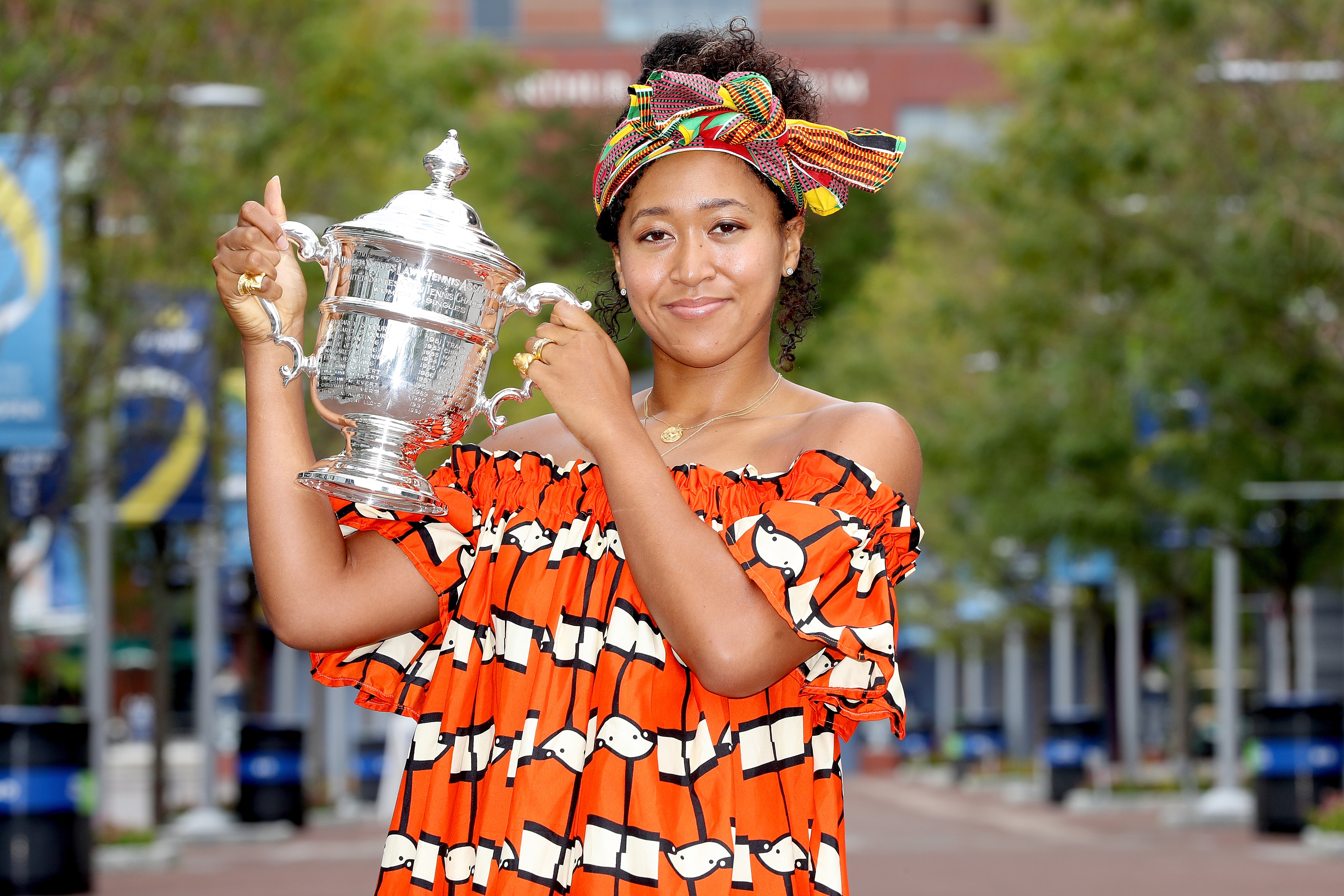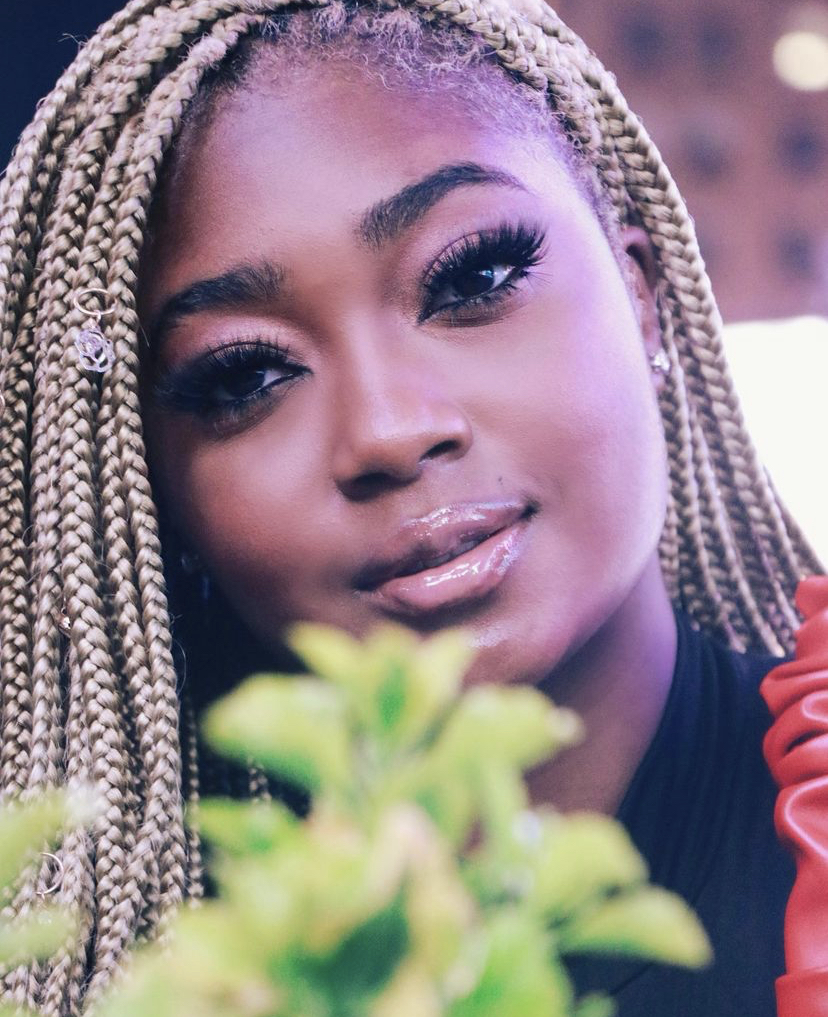

On Monday, June 1, just one day into the French Open, four-time grand slam champion Naomi Osaka withdrew from the tournament on the grounds of lessening the media frenzy that followed her valiant decision to skip press conferences for the sake of her mental health. Last week, the 23-year-old incurred fierce criticism from an impassioned letter that publicly bemoaned the invasive criticism of post-match press and reiterated her readiness to accept the fines levied against her. However, what began as a declaration of boundaries has unfurled into an awe-inspiring display of self-preservation.
In a letter announcing her withdrawal to her supporters via Instagram, Osaka wrote, “The truth is that I have suffered long bouts of depression since the US Open in 2018 and I have had a really hard time coping with that.” Revealing that she often donned headphones to quell her social anxiety, she continued, “I’m going to take some time away from the court now, but when the time is right I really want to work with the Tour to discuss ways we can make things better for the players, press and fans.” Athletes like Coco Gauff, Venus Williams, and Usain Bolt flocked to her comments to rally around the young tennis phenom with support. Serena Williams, after her first-round win against Irina Camelia Begu on Monday, also spoke to her shared experience of being similarly penalized for her emotional vulnerability.
“The only thing I feel is that I feel for Naomi,” Williams empathized. “I feel like I wish I could give her a hug because I know what it’s like. Like I said, I’ve been in those positions.” Former tennis titan and gender equality champion Billie Jean King responded to Osaka’s press-boycott on Sunday with a letter saying, “I fully admire and respect what Naomi is doing with her platform so I am a little torn as I try to learn from both sides of this situation. While it’s important that everyone has the right to speak their truth, I have always believed that as professional athletes we have a responsibility to make ourselves available to the media.” King, echoing a chorus of spectators who see press conferences as an obligation, continued, “The media still play an important role in telling our story. There is no question that the media needs to respect certain boundaries.” Despite Osaka championing the priority of the mental health of athletes into the global spotlight, sentiments like King (even unintentionally) frame the decision as a diminishment of a seemingly sanguine rapport between press and athletes.
The laissez-faire “just deal with it” attitude extended to athletes lands nowhere in the media’s already-amorphous conversation of mental health that all too often assigns shame rather than galvanizes a communal search for resolution. Moreover, Black female athletes particularly reckon with the realm’s pervasive misogynoir when they lay bare their emotions. In his recent column, Piers Morgan wrote that Osaka is an “arrogant spoiled brat whose fame and fortune appear to have inflated her ego to gigantic proportions” who “supposedly” refused press to protect her mental health. Morgan continued his lambasting by looking askance at her withdrawal as an “attempt to avoid legitimate media scrutiny by weaponizing mental health.” The aftermath of the 2018 US Open swept Serena Williams in the glaringly similar revisionist storytelling that labels Black women as emotionally volatile without recognizing the plight they endure at the intersection of race and gender. After decrying an umpire as sexist, Williams was later lampooned in the Australian press with a grotesque Jim Crow era-esque cartoon that depicted her as an uncontrollable crybaby.
In spite of all the things against her and before her as her career conquers new heights, Osaka’s declaration to place herself first is an insurmountable feat for many in a culture that instructs that public achievements are a curative salve for private anguish. Her boycott against the media is simultaneously a protest against the institutions that we’ve once acquiesced to but now realize fail to cultivate a space that we can inhabit much longer. Reverberating over the chorus of dissent is roaring applause for Osaka’s ability to unfasten herself from the belief that over time adherence to arcane standards of professionalism will build up this fabled indestructible resilience that we’ve always been taught to attain even as our mental health languishes in silence. Hopefully one day, we won’t have to stand in awe of seeing someone dare to prioritize their wellbeing. But today, Osaka is a wondrous reminder of the possibility.














